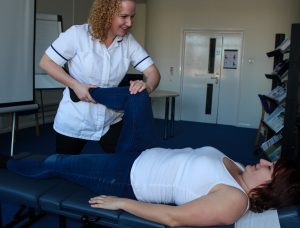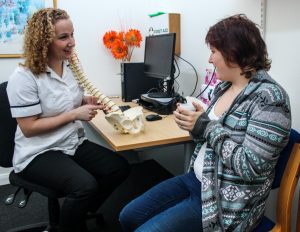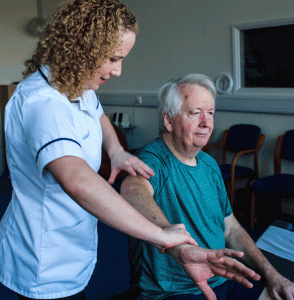by Sarah Williams
Over 2/3 of your body comprises water, therefore, it is understandable that hydration is essential for survival. The recommended intake for humans is 6-8 glasses of water a day for optimal function. How do you measure up? And why is hydration so important?
Practically every mechanism in the body relies on hydration in one way or another. Hydration is essential for:-
- Regulating temperature
- Boosting metabolism
- Helping circulation
- The uptake of nutrients and the excretion of waste products in the body
- Healthy skin
- Improving visual attention
- Improving motor movements
- Lubricating your joints and keeping them healthy
There have been various studies conducted worldwide to look into the detrimental effects of dehydration. Interestingly, in 2017, a pilot study was conducted in Birmingham by the NHS, which looked at dehydration in a nursing home community. It was found that 20% of residents had tested positive for dehydration.
That’s quite concerning, considering the adverse effects dehydration can have on mental and physical function. In the elderly, it can cause confusion, increase the risk of falls, and increase the risk of infection. That is on top of more commonly associated symptoms, including: –
- Increase risk of urinary tract infections
- Increase risk of kidney stones
- Fatigue
- Irritability
- Memory loss
- Dizziness
- Constipation
- Risk of skin conditions
So how do we get our 6-8 glasses a day to stay hydrated?
Firstly, if you feel thirsty, drink. It only takes a 2% loss of water to feel thirsty. If you’re hungry, drink. Sometimes this is a hidden sign of dehydration. Drink before and after workouts to replenish the loss of water through sweating. Carry a bottle of water with you to remind you to drink.
Start your day with a glass of water to get the glasses in early. Mix it up – why not put some lemon in your water? You can drink different drinks, but just be careful. Sugary drinks can have an adverse effect if you have them in excess.
Some drinks can also act as a diuretic, which can actually cause dehydration; this would include drinks like alcohol. There have been many studies on the link between caffeinated drinks and hydration. Actually, coffee and tea are only mild diuretics, so as long as you are drinking in moderation and are not adding too much sugar, this should not have a negative impact.
For more information, visit:-




